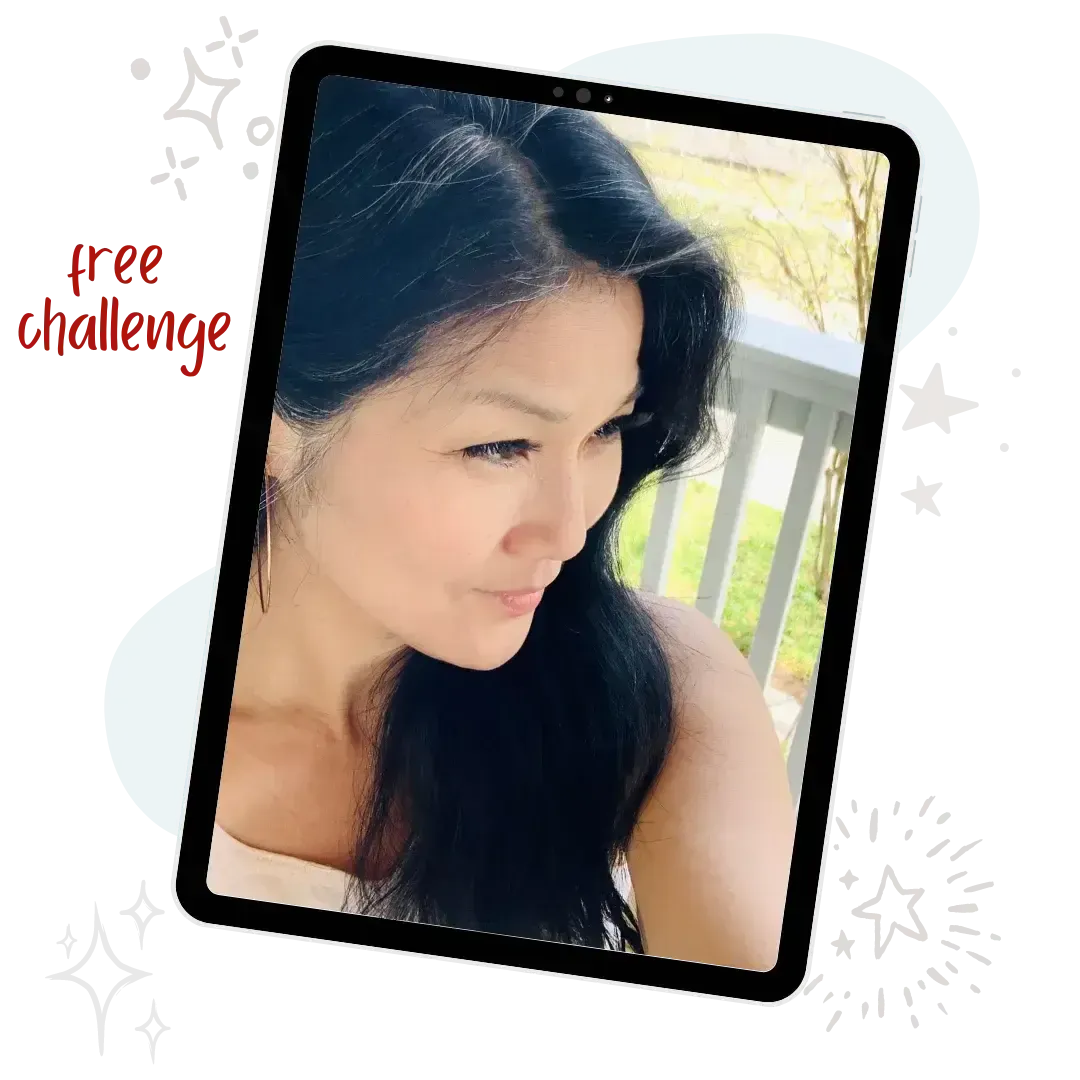Explore Evelyn’s Blog for Insightful Life Guidance
Practical Progressive and Positive Tools for Spiritual Living

Spirituality vs Religion: Major Differences Explained
SPIRITUALITY vs RELIGION: MAJOR DIFFERENCES EXPLAINED
Introduction

The old-age debate between spirituality and religion often leaves seekers wondering which path to follow. Each offers profound insights into life's deeper questions, yet they diverge in approach, perspective, and practice.
Take Claire, for example—a 35-year-old teacher juggling a busy life in the city. Raised in a devout Christian family, Claire attended church every Sunday. Yet, as she grew older, she yearned for a personal connection with the divine that transcended rituals and sermons. Her journey of exploring spirituality, while retaining her religious roots, highlights the nuanced interplay between these two paths. Just like Claire, there are many valuable lessons to live by.
Both spirituality and religion, after all, seek to address life’s greatest questions—Who are we? Why are we here?—but their methods lead us through different, yet equally meaningful, journeys.
This blog delves into these differences, shedding light on how tools like shadow work can bridge the gap, helping individuals overcome challenges like money blocks while aligning with personal growth.
What is Religion?
Religion is a structured system of beliefs, practices, and rituals that fosters a collective connection to a higher power or deity. For millennia, religion has served as a compass for navigating morality, purpose, and the mysteries of the universe.
Key Characteristics of Religion
1. Community-Oriented Practices
Religions thrive on collective worship and shared traditions. From Sunday services to grand celebrations like Christmas or Diwali, religious practices unite communities under shared beliefs.
Story Insight: Claire recalls her childhood Christmases, where her entire family gathered for midnight mass. The lit candles, hymns, and prayers weren’t just about faith—they were a celebration of togetherness and belonging.
These rituals not only strengthen faith but also nurture a sense of shared purpose among believers.
2. Guidance Through Doctrine
Sacred texts, such as the Bible, Quran, or Bhagavad Gita, provide a moral and ethical framework for adherents.
Story Insight: For Ahmed, a devout Muslim, the Quran’s teachings guided his decisions, from how he approached his studies to how he treated others. Verses like “Indeed, with hardship comes ease” (Surah Al-Inshirah 94:6) gave him hope and perspective during challenging times.
Doctrines act as blueprints for virtuous living, offering clarity on right and wrong.
3. Tradition and Rituals
Religious rituals mark life’s milestones and anchor believers in their faith.
Story Insight: For Claire, her baptism symbolized more than a religious rite—it was a moment of profound connection with her faith and family legacy.
From fasting during Ramadan to partaking in communion, rituals bring structure, creating moments of spiritual introspection and collective reverence.
What is Spirituality?
Spirituality, in contrast, is a personal and unstructured journey toward meaning, self-awareness, and connection with the universe. It emphasizes introspection, inner transformation, and aligning one’s values with daily life.
Key Characteristics of Spirituality

1. Focus on the Individual Journey
Spirituality celebrates individuality, encouraging seekers to forge personal connections with the divine or universal energy.
Story Insight: Claire began exploring mindfulness and journaling as a way to process her thoughts. Over time, these practices felt like prayers—conversations with a higher power that were deeply personal and unbound by doctrine.
Through practices like meditation, individuals cultivate a sense of peace and alignment with their inner selves.
2. No Fixed Doctrine
Unlike religion, spirituality does not rely on sacred texts or dogmas. Instead, it encourages seekers to derive meaning through personal experience.
Story Insight: On a retreat, Claire discovered the power of shadow work—a practice of addressing hidden fears and limiting beliefs. While not tied to any religion, it helped her confront and overcome money blocks that she hadn’t even realized she had.
Spirituality thrives on curiosity, inviting individuals to explore and question life’s mysteries without definitive answers.
3. Exploration Over Certainty
Where religion often provides absolute truths, spirituality celebrates the process of discovery.
Story Insight: For Claire, reading spiritual books and spending time in nature became transformative. The quiet moments allowed her to ponder life’s deeper questions, finding joy in the journey itself rather than arriving at definitive answers.
Spirituality’s openness allows for fluidity, offering a path of continuous growth and self-reflection.
Key Differences Between Spirituality and Religion
Claire’s Story: A Journey of Integration
Claire, a lifelong Christian, represents many who seek depth beyond traditional religious practices. Her journey began with a yearning to make her faith more personal and aligned with her evolving sense of self. While she continued to attend church, she also embraced mindfulness meditation —a practice often associated with spirituality rather than religion.
On Christmas, Claire still participates in traditional festivities like attending midnight mass and sharing meals with her family. However, she also carves out quiet time for self-reflection, journaling about the past year, and meditating on gratitude and growth. This modern take on a sacred holiday allows her to honor her faith while embracing personal spiritual practices.

Blending Religion and Spirituality: A Modern Approach
As people explore their beliefs in a world increasingly open to diverse ideas, many find value in blending elements of religion and spirituality. This hybrid approach balances the structured guidance of religious traditions with the personal exploration championed by spirituality. It offers a flexible, inclusive path to self-discovery and fulfillment. Find a guide on blending religious traditions with personal spiritual growth for a balanced approach.
Why People Are Blending Religion and Spirituality
Personalized Faith Practices
Modern seekers often look beyond rigid doctrines to find practices that resonate with their unique lives. Integrating spiritual methods like meditation, journaling, or yoga into religious routines allows for a deeper, more personal connection with the divine.Example: A devout Catholic might use visualization techniques during prayer, imagining themselves surrounded by God’s love while meditating on scripture.
Inclusive Celebrations
Religious holidays, traditionally communal, are increasingly becoming opportunities for personal reflection. By incorporating spiritual practices like gratitude journaling or mindful meditation, these occasions take on a more intimate and transformative meaning.Example: A family celebrating Eid might include a quiet moment of mindfulness to set intentions for the year ahead, alongside traditional prayers and feasts.
Addressing Modern Needs
Spiritual practices like mindfulness, shadow work, and breathwork address contemporary challenges like stress, anxiety, and the pursuit of purpose. By blending these practices with religious rituals, individuals can maintain a connection to their roots while fostering personal growth.Example: A Christian might use mindfulness breathing exercises to prepare for prayer, calming their mind and centering their focus.

The Benefits of Blending Religion and Spirituality
Balancing Structure with Freedom
Religious traditions provide structure and community, while spirituality offers the freedom to explore personal truths. Together, they create a balanced path that honors both individuality and collective belonging.Fostering Emotional and Spiritual Growth
While religion emphasizes adherence to sacred teachings, spirituality encourages emotional healing and self-awareness. Combining the two helps individuals achieve holistic growth.Building Bridges Between Beliefs
Blending practices fosters inclusivity and respect for diverse perspectives. It allows people to honor their heritage while remaining open to insights from other spiritual traditions.
How to Blend Religion and Spirituality in Daily Life
Enhance Traditional Practices
Incorporate spiritual tools like meditation or journaling into your existing religious routines.Example: Begin your morning prayer with a few minutes of deep breathing or silent reflection.
Celebrate Meaningfully
Infuse personal rituals into religious holidays.Example: On Diwali, alongside lighting lamps, take a moment to write down and release negative emotions from the past year.
Explore New Perspectives
Stay rooted in your faith while being open to spiritual practices that align with your values.Example: Read philosophical texts or attend workshops that encourage self-discovery and emotional healing.
A Path for Modern Seekers: Blending Tradition and Exploration
Claire’s story shines a light on the transformative power of blending the structured guidance of religion with the introspective freedom of spirituality. Growing up in a devout Christian household, Claire’s faith was deeply rooted in her religious practices. Weekly church services, Bible study, and communal prayer were integral to her life. Yet, as she matured, Claire found herself yearning for a deeper, more personal connection to her faith—one that could address her evolving questions about life, purpose, and inner peace.
Honoring the Roots of Tradition
Claire began her journey by reflecting on her Christian upbringing. For her, the rituals and teachings of Christianity offered a strong foundation of moral and spiritual guidance. Regular prayer helped her feel connected to God, and biblical parables offered timeless wisdom she could apply to daily challenges.
However, she started to feel that something was missing—a way to integrate her personal experiences and emotions into her faith. While religion gave her answers, Claire craved exploration. She didn’t want to abandon her faith but sought to expand it in a way that resonated with her personal journey.

Embracing the Freedom of Spirituality
Through a recommendation from a friend, Claire explored mindfulness meditation as a means of connecting with herself and the divine on a more personal level. At first, it felt unconventional—sitting in silence, focusing on her breath, and observing her thoughts without judgment. But over time, meditation became a bridge between her external religious practices and her internal spiritual world.
She realized that the silence in meditation echoed the moments of stillness she experienced during prayer, but it also allowed her to tap into a deeper sense of self-awareness. By combining mindfulness with her Christian prayers, Claire began to create a holistic spiritual routine that felt both familiar and transformative.
A Holistic Approach to Faith
Blending religion and spirituality gave Claire the balance she had been searching for. She continued to honor her Christian roots by attending church, celebrating traditional holidays like Christmas, and engaging in community service. Yet, she also carved out time for personal reflection through journaling, meditating, and practicing gratitude.
On Christmas Eve, for example, Claire incorporated a new tradition: she started a breath practice, lit a candle, and wrote about the past year’s lessons and blessings. This practice complemented the religious significance of Christmas while adding a layer of personal introspection and growth.
A Modern Approach for Today’s Seekers

For many modern seekers like Claire, blending religion and spirituality offers a path that honors the wisdom of tradition while embracing the freedom of personal exploration. This approach allows individuals to:
Stay Rooted: Draw strength and guidance from religious teachings and rituals.
Expand Horizons: Incorporate spiritual practices like mindfulness, meditation, or shadow work to deepen self-awareness and connection.
Foster Growth: Use this hybrid approach to navigate life’s challenges, nurture personal growth, and find meaning.
Whether it’s a Muslim who adds daily gratitude journaling to their prayer routine, or a Buddhist who explores the psychological tools of shadow work, this balanced path respects the past while embracing the future.
Finding Balance, Growth, and Connection
Claire’s story exemplifies that there’s no one-size-fits-all path to faith and fulfillment. By honoring her Christian roots while embracing spirituality’s openness, she crafted a unique approach that nurtures both tradition and transformation.
For those navigating their own spiritual journeys, blending religion and spirituality offers the opportunity to create a balanced path—one that draws on the richness of heritage while allowing for personal growth and deeper connection.
No matter where you are on your journey, the key is to find practices that resonate with your values and bring you closer to the sense of peace, purpose, and connection you seek. Your path is uniquely yours, and it’s never too late to start exploring the possibilities.
Conclusion
Spirituality and religion, while different, share a common purpose: guiding individuals toward connection, meaning, and growth. Whether you lean toward the structured practices of religion or the introspective freedom of spirituality, your path is yours to shape.
For tools and resources on integrating spiritual growth into your daily life, begin your journey to clarity and purpose today with Evie.

FREE DOWNLOAD
The Awakened Soul's Inner Dialogue Guide
A 3 Day Guide to Reset & Restart: Unlocking the Power of Positive Inner Dialogue
© Copyright 2024 Evelyn Foreman - Privacy Policy - Terms & Conditions - Disclaimer

